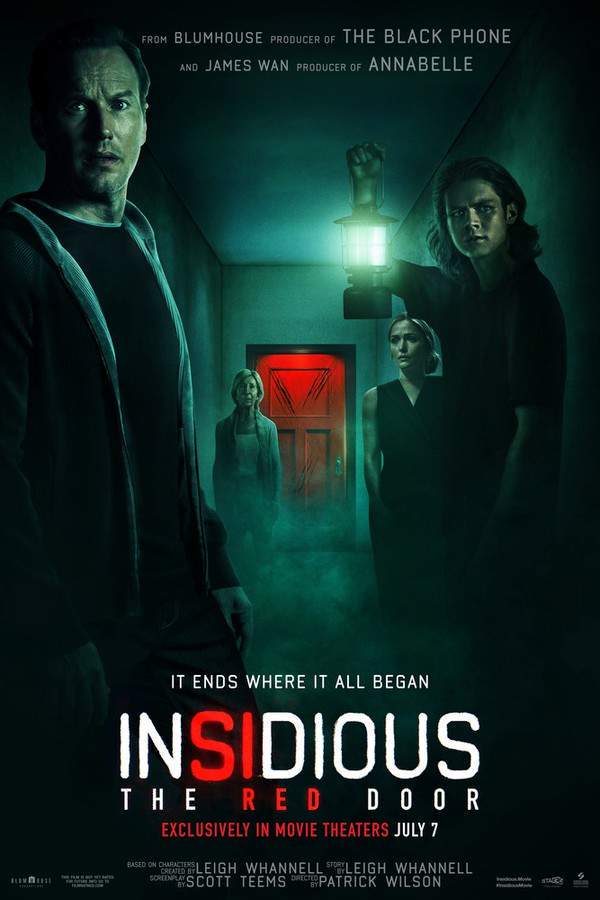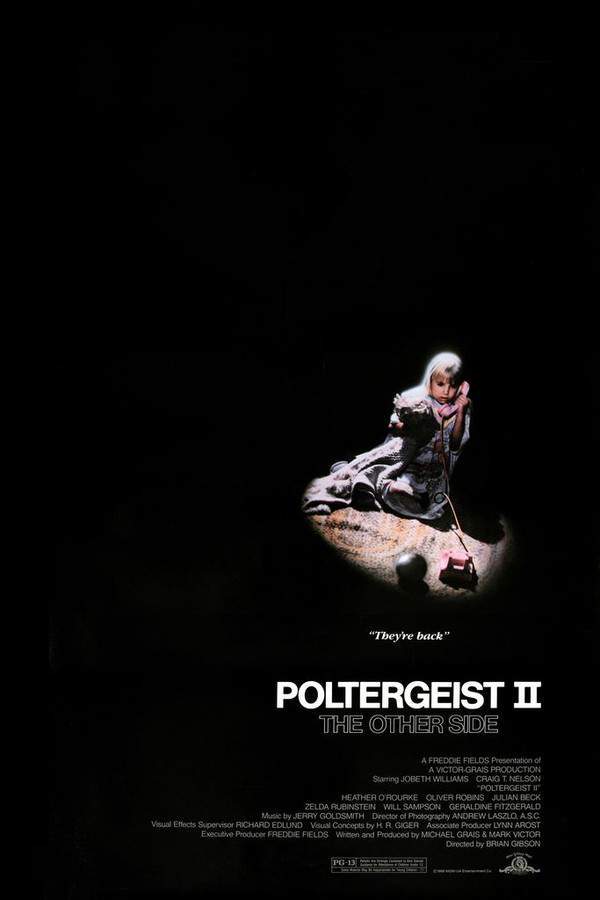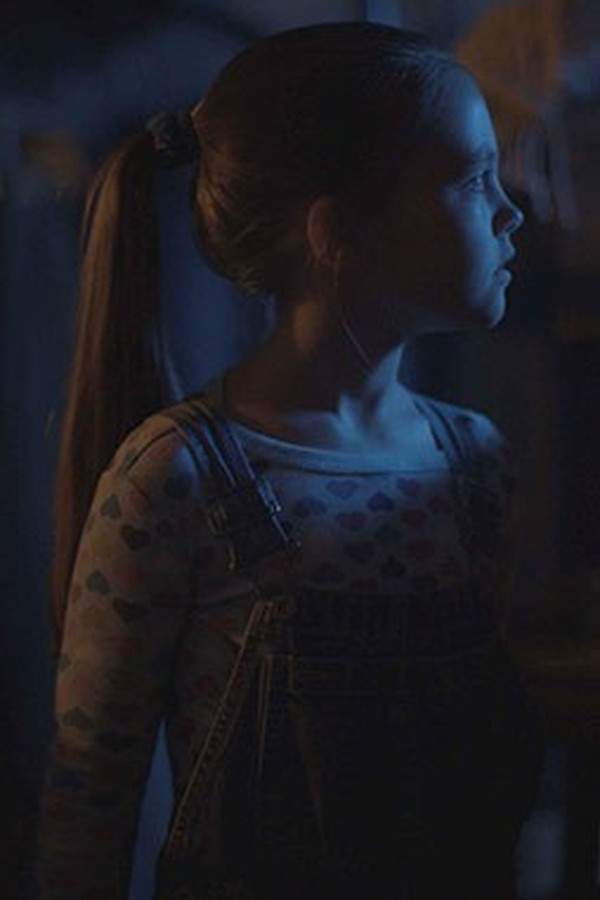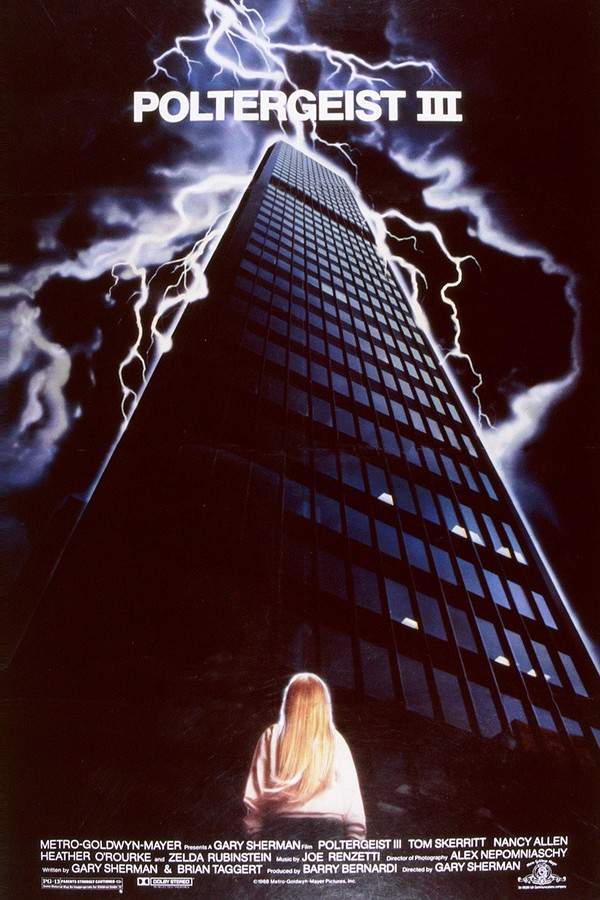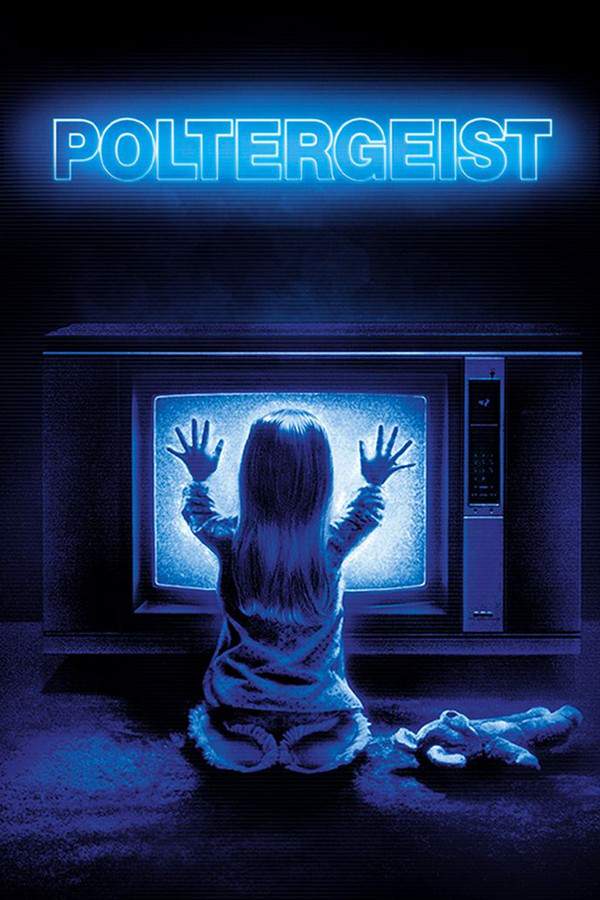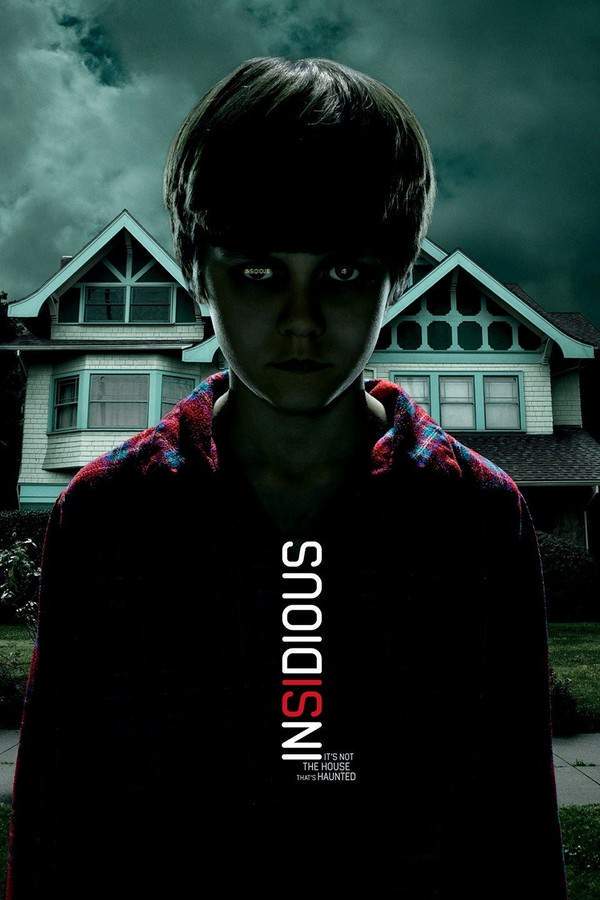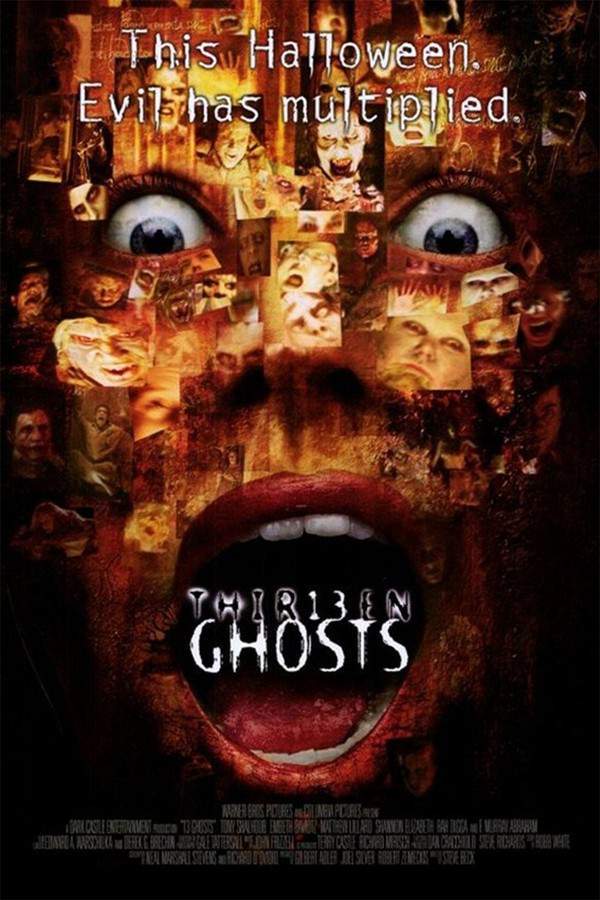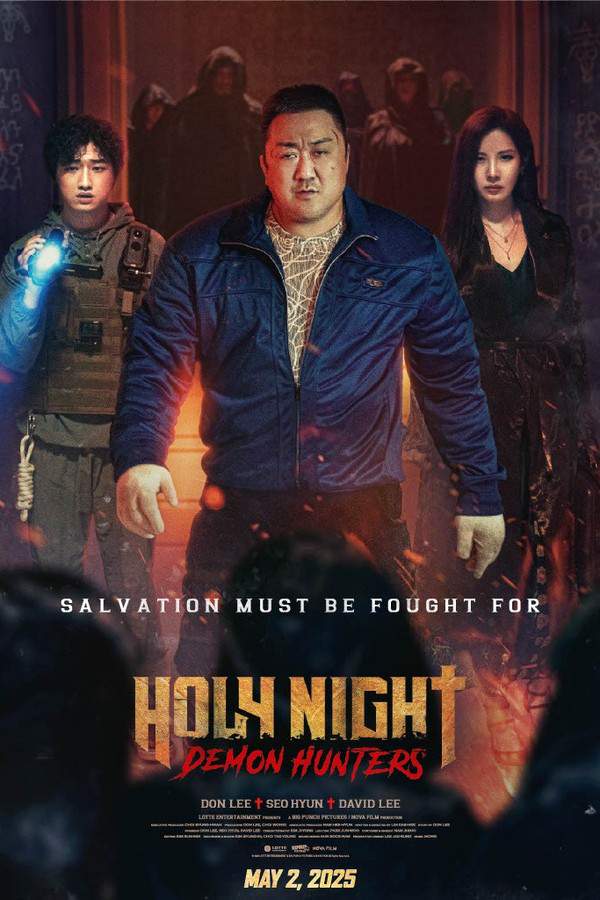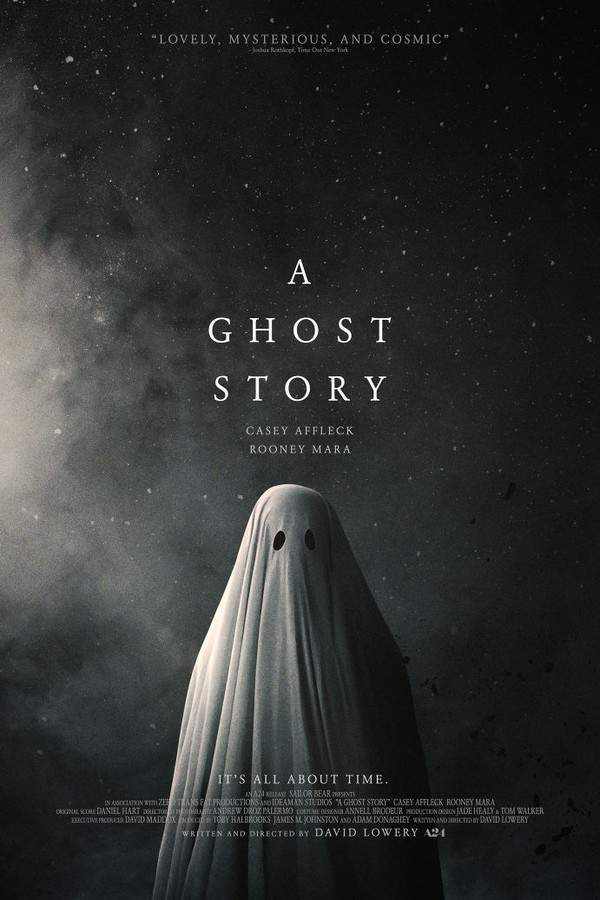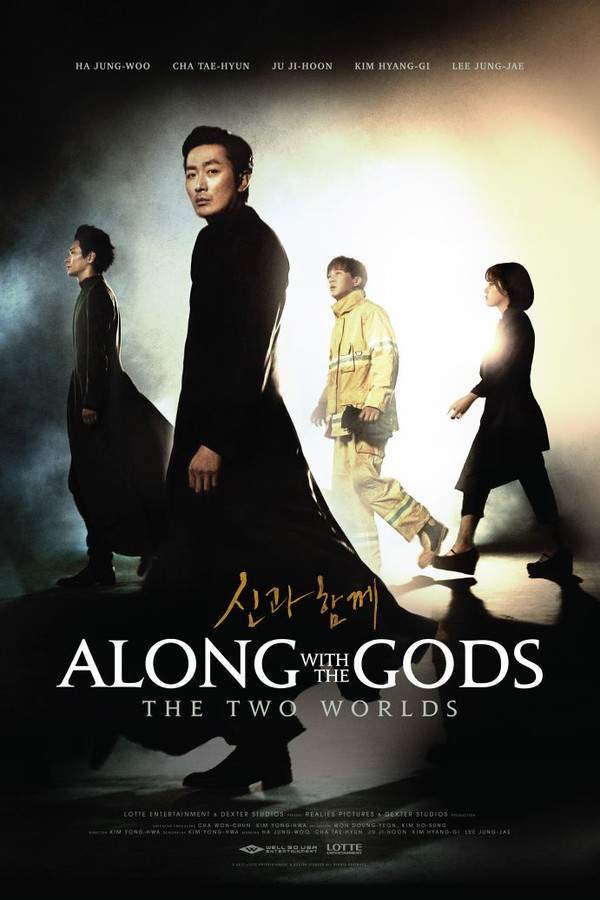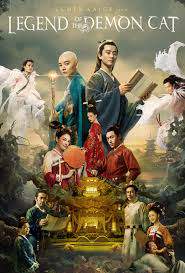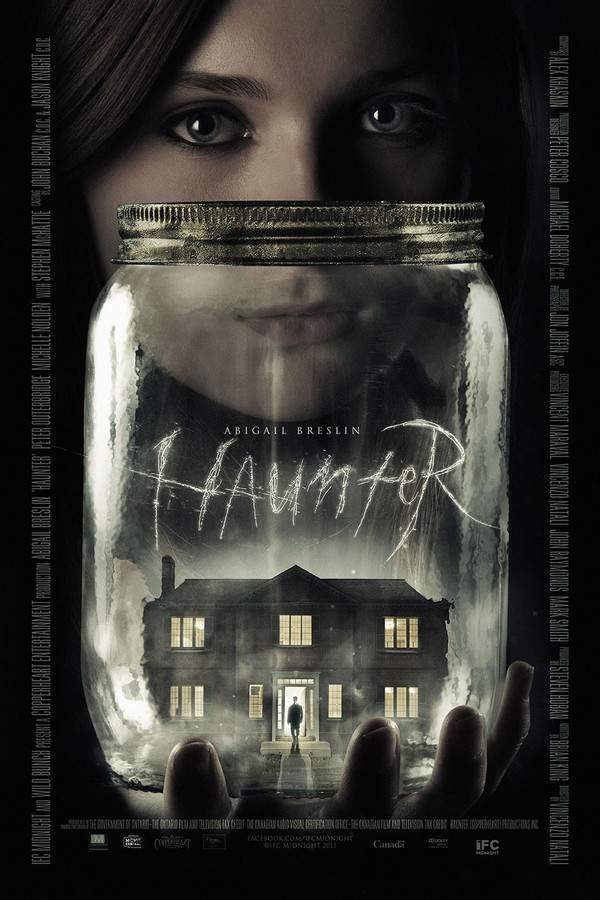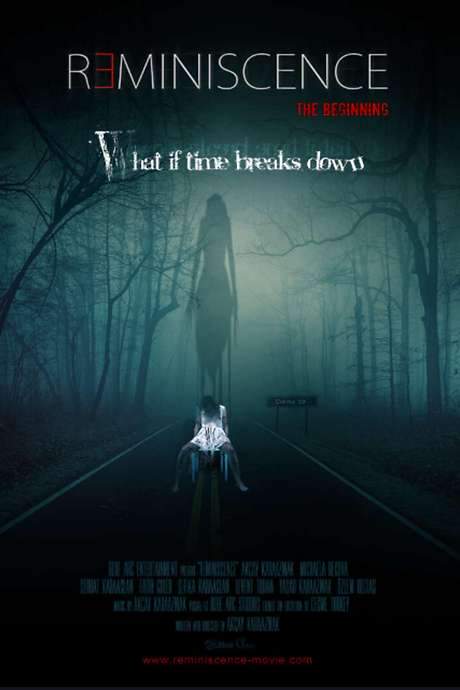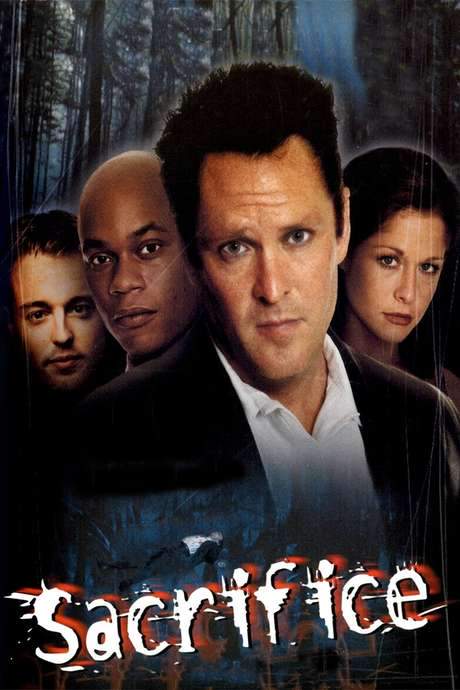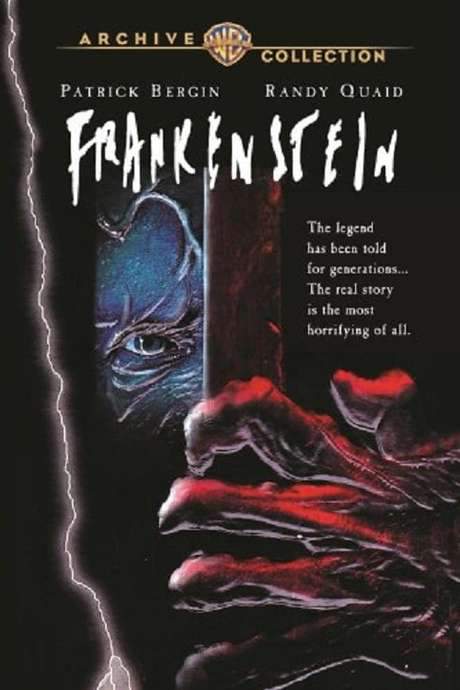
Uu Kodathara Ulikki Padathara
Year: 2012
Runtime: 134 mins
Language: Telugu
Director: Sekhar Raja
A 2012 Indian Telugu film, UKUP, was written and directed by Sekhar Raja and produced by Lakshmi Manchu. The film stars Manoj Manchu and blends socio and fantasy elements into its narrative. It explores themes of societal issues with a touch of magical realism, offering a unique and engaging cinematic experience for audiences.
Warning: spoilers below!
Haven’t seen Uu Kodathara Ulikki Padathara yet? This summary contains major spoilers. Bookmark the page, watch the movie, and come back for the full breakdown. If you're ready, scroll on and relive the story!
Uu Kodathara Ulikki Padathara (2012) – Full Plot Summary & Ending Explained
Read the complete plot breakdown of Uu Kodathara Ulikki Padathara (2012), including all key story events, major twists, and the ending explained in detail. Discover what really happened—and what it all means.
Gandharva Mahal sits as a living relic of a centuries-old Rudramaneni dynasty, its walls steeped in history and legends. Today, the palace’s heir, Rayudu, has slipped from the grandeur of the past and now ekes out a living in the outhouse, sharing life with his wife and two daughters, Visalakshi and Jagadhamba. To keep the family afloat, he rents out parts of the sprawling estate to people with a range of temperaments, hoping the steady flow of tenants will steady the household. Yet not everyone respects the gate he holds open; some tenants abuse his generosity and his quiet hold over the place, testing his patience and his authority.
Enter Manoj, a spirited newcomer who arrives as a tenant with a sharp eye and a can-do energy. It doesn’t take him long to notice the elderly beggar wandering the grounds, Amrutha Valli Amrutha Valli, and he quietly aligns with her. Together they weave a plan that starts with a staged scare—a fake horror act that unsettles the other tenants and binds Amrutha to Manoj’s cause. Rayudu, meanwhile, moves ahead with plans to secure Visalakshi’s future, arranging a marriage alliance and even considering the palace itself as a dowry, a strategic move that could change the balance of power within Gandharva Mahal.
As Manoj’s influence grows, he pushes the tenants to stay put despite Rayudu’s calls for vacancy. The peace is fragile, however, because Manoj and Jagadhamba clash repeatedly, hinting at deeper tensions between them. Then a dramatic night arrives: Manoj strikes Rayudu with a bloodied nose and claims that a supernatural force now roams the palace, warning Rayudu never to leave the place. Rayudu suspects the figure is none other than the spirit of his father, Narasimha Rayudu, and begins to turn the pages of a long, painful history.
In flashback, the tale reveals Narasimha Rayudu as a revered arbiter who was worshipped as a protective force of the land. He loved Gandharva Mahal with a fatherly affection for his sister Jagadhamba and a complicated bond with Phanindra Bhoopathi, who presents himself as a down-and-out suitor. Narasimha Rayudu, loyal to his family, ends up giving away substantial portions of his wealth—half of what he owns, including the Gandharva Mahal, to his sister and a quarter to his trusted ally Seshayya. Phanindra Bhoopathi, meanwhile, seethes with desire for Amrutha, the woman Narasimha Rayudu admires, and believes he can claim her if only he can seize control of what the king once protected.
Phanindra Bhoopathi’s ambition drives him to a brutal act: he murders Jagadhamba and stages it as a suicide, then makes a new attempt to abduct Amrutha inside Gandharva Mahal. Narasimha Rayudu erupts in fury, but Bhupati’s betrayal runs deeper—Seshayya dies in a bout of conflict, and Narasimha Rayudu himself is slain by Bhupati’s treachery. Before his breath leaves him, Narasimha Rayudu warns that Gandharva Mahal belongs to him and to no one else.
With Narasimha Rayudu’s haunting legacy echoing through the corridors, Amrutha sinks into beggary, and the palace’s fate hangs in a precarious balance. The unfolding drama centers on Visalakshi’s wedding, which is being prepared under Manoj’s watchful eye. Rushi, the bridegroom, arrives with his kin, but Bujji Bujji, his duplicitous maternal uncle, schemes to squat the palace and turn it into a hotel, hoping to seize the documents that would cement ownership. The night brings a supernatural reminder: Narasimha Rayudu’s soul unsettles the room, and Rushi’s mother contemplates canceling the wedding. Manoj, however, persuades them to hold the line and recovers the crucial documents that could secure the estate.
A wizard is summoned by Bujji after detecting the presence of Narasimha Rayudu and Bhupati within the palace. Guided by Narasimha Rayudu’s ancient wisdom, the wizard traps Bhupati’s vengeful soul, buying time for the living to resolve the modern crisis. Yet Rayudu’s family saga grows more tangled when Rayudu learns of Manoj’s romance with Jagadhamba; Manoj reveals a surprising truth: he is the grandson of Seshayya, sent by Suguna to aid Rayudu and protect Gandharva Mahal Suguna.
As the layer upon layer of deceit and history unfolds, Manoj confesses that the entanglement of Narasimha Rayudu’s soul with Bhupati’s spirit is all part of a larger plan to safeguard the palace. Bujji, feeling outmatched, strikes Manoj and destroys the bottle that contains Bhupati’s soul, trusting the wizard’s deception over the truth. Bhupati’s spirit then incarnates inside Rishi’s body, wreaking havoc and forcing a brutal confrontation. In the heat of battle, Narasimha Rayudu, still tethered to the living world, seizes Manoj’s body to fight back, while the wizard works feverishly to steer events toward a resolution.
Amrutha’s sacrifice becomes the turning point: she gives her life to release Bhupati’s soul from the living world, allowing the living to find peace—at least for a moment. In the end, the weddings prevail: Manoj and Jagadhamba, and Rushi and Visalakshi unite, binding their futures to the legacy of Gandharva Mahal. The final image lingers on Narasimha Rayudu, seated and smoking a cigar, a stoic reminder that the guardian of Gandharva Mahal will endure, watching over the palace for all time.
Last Updated: October 03, 2025 at 10:34
Explore Movie Threads
Discover curated groups of movies connected by mood, themes, and story style. Browse collections built around emotion, atmosphere, and narrative focus to easily find films that match what you feel like watching right now.
Movies about supernatural family legacies like Uu Kodathara Ulikki Padathara
Stories where ancestral spirits become entangled with a family's modern-day fate.If you enjoyed the ghostly guardian and historical secrets in Uu Kodathara Ulikki Padathara, explore more movies where supernatural forces protect or haunt a family's legacy. These films often blend tense drama with fantasy elements, exploring themes of betrayal, duty, and the weight of history.
Narrative Summary
These narratives typically unfold by intertwining a detailed historical tragedy—such as a murder or betrayal—with a contemporary threat to a family's legacy, often a property dispute. A supernatural entity, connected to the past, intervenes in the present, forcing living characters to confront buried secrets and engage in a climactic, high-stakes confrontation to secure their future.
Why These Movies?
Movies are grouped here for their central focus on a supernatural force acting as a guardian or avenger for a family, the complex weaving of past and present narratives, and the heavy emotional weight of dealing with historical injustice and the duty to protect a legacy.
Movies with bittersweet supernatural endings like Uu Kodathara Ulikki Padathara
Hopeful conclusions for the living, anchored by a supernatural sacrifice.For viewers who appreciated the bittersweet ending of Uu Kodathara Ulikki Padathara, this list features movies where a supernatural battle ends with hope for some, but a lasting sacrifice for others. These complex fantasy and action dramas deliver emotionally heavy conclusions that mix relief with melancholy.
Narrative Summary
The emotional journey in these stories builds towards a climactic resolution of a supernatural threat. However, victory is pyrrhic. The ending deliberately balances a hopeful new beginning for the main characters with a somber, often eternal, fate for a guardian spirit, a sacrificed ally, or the memory of a tragic past, leaving the audience with a complex mix of relief and sadness.
Why These Movies?
These films are connected by their distinctive bittersweet endings that follow high-intensity supernatural drama. They share a narrative pattern where closure is achieved, but the emotional equilibrium is weighted towards melancholy due to a permanent supernatural cost, creating a heavy and memorable viewing experience.
Unlock the Full Story of Uu Kodathara Ulikki Padathara
Don't stop at just watching — explore Uu Kodathara Ulikki Padathara in full detail. From the complete plot summary and scene-by-scene timeline to character breakdowns, thematic analysis, and a deep dive into the ending — every page helps you truly understand what Uu Kodathara Ulikki Padathara is all about. Plus, discover what's next after the movie.
Uu Kodathara Ulikki Padathara Timeline
Track the full timeline of Uu Kodathara Ulikki Padathara with every major event arranged chronologically. Perfect for decoding non-linear storytelling, flashbacks, or parallel narratives with a clear scene-by-scene breakdown.

Characters, Settings & Themes in Uu Kodathara Ulikki Padathara
Discover the characters, locations, and core themes that shape Uu Kodathara Ulikki Padathara. Get insights into symbolic elements, setting significance, and deeper narrative meaning — ideal for thematic analysis and movie breakdowns.

Uu Kodathara Ulikki Padathara Spoiler-Free Summary
Get a quick, spoiler-free overview of Uu Kodathara Ulikki Padathara that covers the main plot points and key details without revealing any major twists or spoilers. Perfect for those who want to know what to expect before diving in.

More About Uu Kodathara Ulikki Padathara
Visit What's After the Movie to explore more about Uu Kodathara Ulikki Padathara: box office results, cast and crew info, production details, post-credit scenes, and external links — all in one place for movie fans and researchers.


